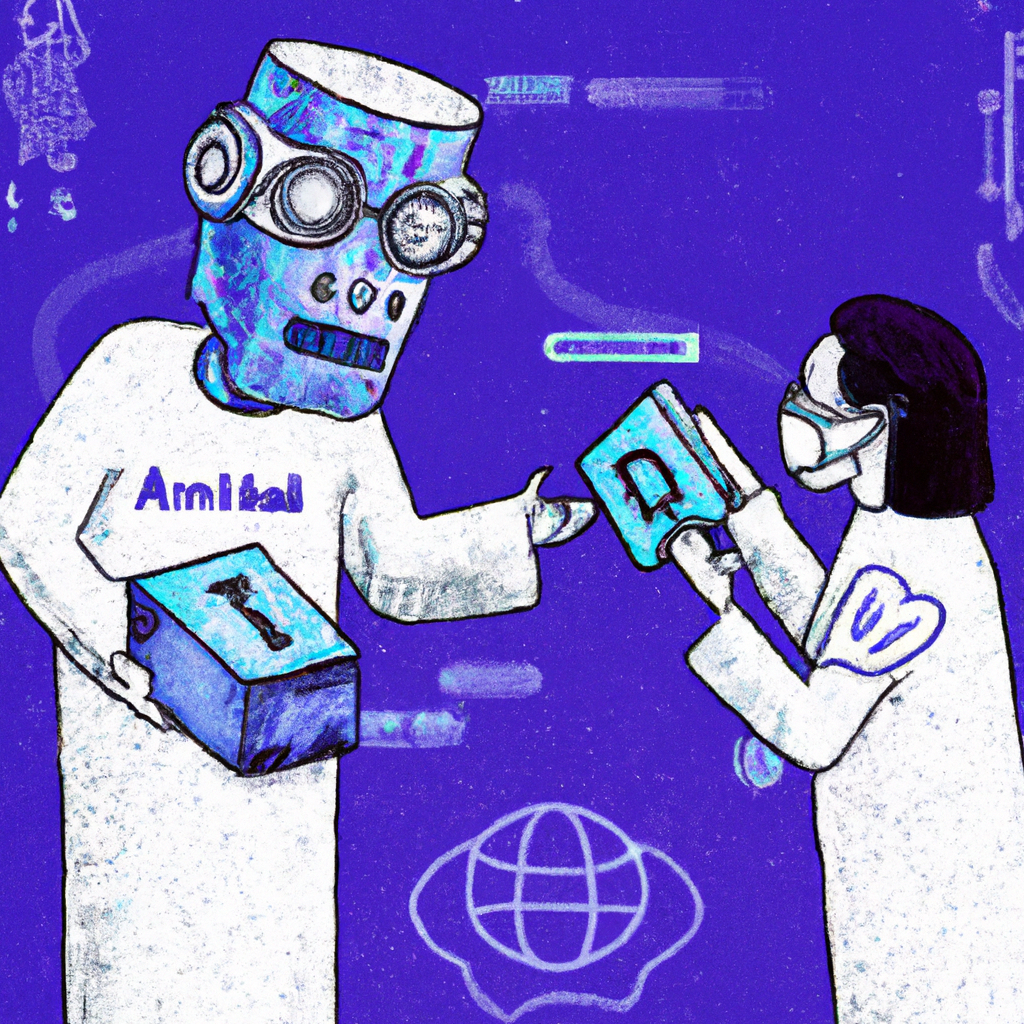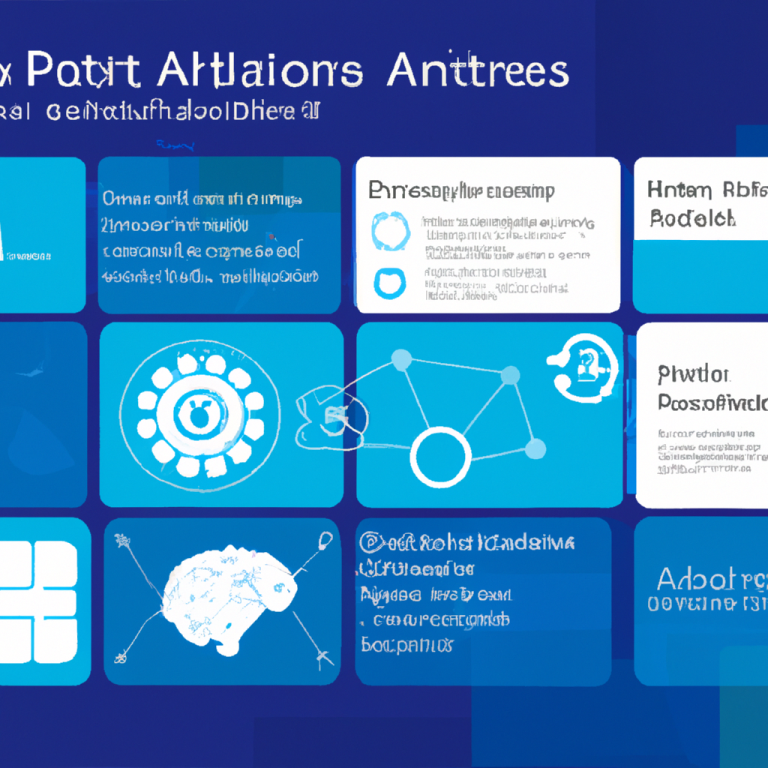The field of artificial intelligence (AI) has gained significant attention in the past few years, and many people have begun to wonder about its impact on various industries including the medical industry. Particularly, there has been a lot of talk about AI potentially replacing medical doctors in the future.
While it is true that AI has made significant advancements in the medical field, the idea of replacing them with medical doctors is not fully plausible. Though AI can take a much more efficient way of diagnosing certain conditions, it lacks the human touch, empathy, and compassion that medical doctors provide.
One of the most significant advantages of AI in the medical field is its ability to process and analyze large amounts of data to identify patterns and predict potential health problems before they occur. However, AI lacks the expertise and intuition that medical doctors possess, which is essential for identifying subtle symptoms and gauging the psychological impact of illnesses on patients.
Furthermore, it’s essential to note that medical doctors go through years of training and education to attain their expertise. They learn how to interpret complex symptoms, understand medical histories, and conduct thorough physical examinations to diagnose conditions accurately. AI is reliant on algorithms, which are only as good as the data fed into them.
In contrast, medical doctors have spent years studying human anatomy, pharmacology, and various diseases. They continually update their knowledge with medical advances and breakthroughs in their respective fields, which allows them to offer their patients up-to-date treatment plans and advice that go beyond what AI can manage.
Medical doctors also offer a personalized approach to patient care that is crucial for ensuring that patients receive the best possible treatment. They take into account individual patient histories, lifestyle factors, and current medical conditions when prescribing medication or recommending lifestyle changes. AI cannot yet match this personalized approach and may overlook important factors that could affect a patient’s health.
On the other hand, AI has the potential to revolutionize several areas of healthcare. For instance, AI can identify patients who are at high risk of developing certain diseases and provide targeted interventions before symptoms even begin to manifest. AI can also assist doctors in analyzing medical images, such as X-rays and CT scans, and identifying problems that may be hidden to the human eye.
In conclusion, while AI has made significant progress in the medical field, it is unlikely to replace medical doctors in the near future. AI cannot match the intuition, expertise, and empathy that doctors bring to the table. However, doctors can benefit from AI’s ability to process large amounts of data and offer insights that they might not have discovered on their own. Ultimately, the ideal approach is one that involves the integration of AI and medical doctors working together for better patient care.



